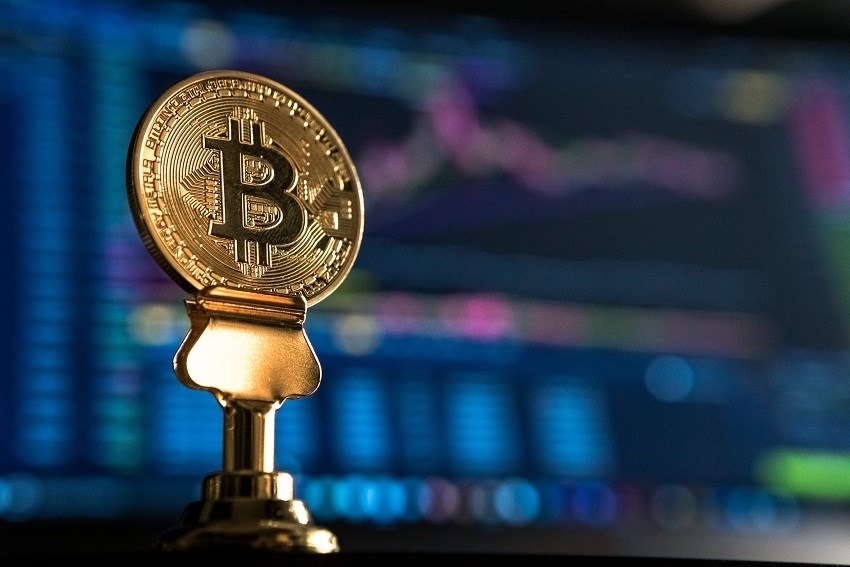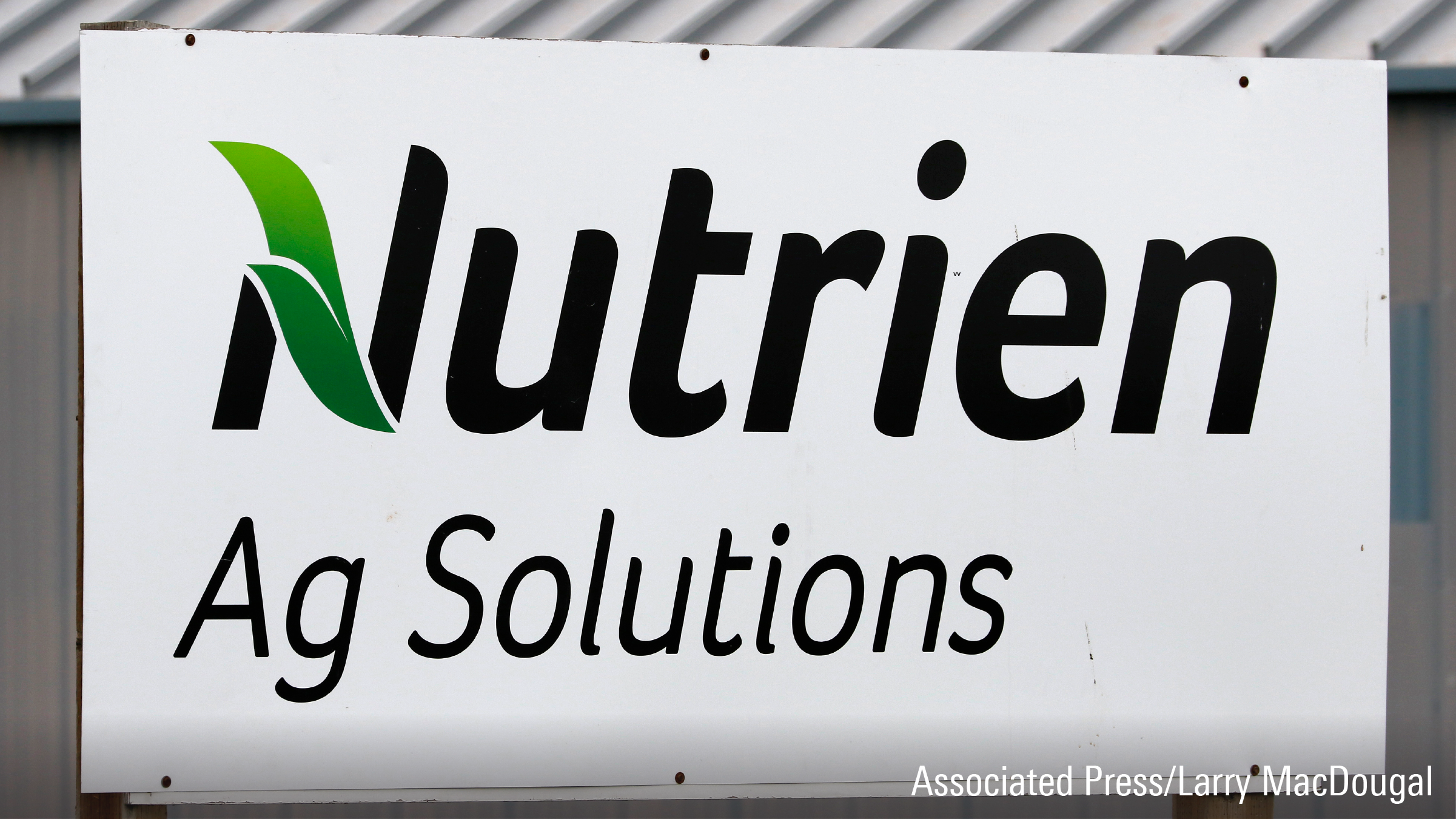
Meme stocks burst into the limelight in early 2021, as social-media-fueled trading led to massive returns along with huge up and down price swings.
Heading into 2022, much of the buzz has worn off for these stocks. Most are far below the high prices set earlier in the year, and trading activity has collapsed.
Take GameStop (GME), which was among the original meme stocks. The video-game retailer was thought by many to be on the verge of going out of business, only to see its stock price shoot up by more than 1,700% in January, trading in a range of US$19 to US$483 during the month. Since the spring, GameStop's price has swung wildly, mostly between US$140 and $250. But as 2021 winds down, the stock was changing hands this week around US$137. That was still up 627% for the year, but off 72% from its high.
At the same time, trading volume in GameStop has fallen off a cliff, likely reflecting diminished interest among investors. November's daily average trading volume was down 78% from last December, before the meme stock frenzy took off.
Many other meme stocks have shared GameStop's fate.
We surveyed the landscape and tracked 16 widely followed stocks that had drawn the attention of meme traders alongside GameStop and movie-theater chain AMC Entertainment (AMC) in the first half of 2021. On average, the stocks in this group are down in price roughly 72% from their 2021 highs. Trading volumes, too, have dropped sharply, falling an average of 64% from their highs.
These stocks have such wide swings that a single day can have a huge impact on returns, but here's a recent snapshot:

What is a meme stock? Meme stocks are companies whose shares see trading fueled by social-media discussions on Reddit and Twitter (TWTR), leading to huge spikes in trading volume and, often, skyrocketing prices.
Interest in meme stocks was anchored by the fear of missing out, or FOMO, often driven by traders sharing their returns on social media and touting the stocks' prospects. However, the lack of business fundamentals supporting these massive rallies and investor bases largely made up of short-term traders make them vulnerable to volatile price swings. That, in turn, leaves investors at risk of suffering huge losses.
"Meme stocks should be considered from the viewpoint of a short-term trader willing to speculate on a stock's momentum up or down and--importantly--able to weather a significant loss," says Morningstar's chief U.S. market strategist David Sekera. "Stocks in this category are not what Morningstar considers to be long-term investments."
Some of the biggest meme stocks, such as GameStop and AMC Entertainment, remain far above their prices from the beginning of the year. That means investors who jumped in before the frenzy may be in the money, but investors who joined the fray later may not be so lucky.
AMC, one of the major meme stocks, has like GME seen a shift in fortunes, although it has held on to more of its gains. In early June, AMC was up more than 2,800% year to date, but that's dropped back to a 996% year-to-date return. While still a huge number, investors would have suffered a 68% loss if they invested in AMC at its height.
AMC, GameStop, and credit assessor Upstart (UPST) all currently sit at about a third of their highest month-end stock market capitalization of the past year. Space-tourism company Virgin Galactic (SPCE) and headphone manufacturer Koss (KOSS) are only a fourth of their peak size in market cap.

Along with the price declines, investors' interest in trading meme stocks also has fallen. Monthly trading volume for GameStop, Koss, and Virgin Galactic are each down 40% or more from their December 2020 trading volumes. AMC and Upstart's average volume in November 2021 was only 20% above their December 2020 activity.

But its the price swings that matter to portfolios. Virgin Galactic had a peak return of 150%, only to collapse to a loss of about 38% year to date. Online-gambling site DraftKings (DKNG) swung from a 55% peak return to a similar 38% year-to-date decline. E-commerce marketplace ContextLogic (WISH) flipped to a 81% year-to-date loss after rallying 71% during its meme frenzy.
Other notable reversals are Bed Bath & Beyond (BBBY) and Snap (SNAP). Bed Bath & Beyond shot up to 198% in January, but gains were wiped out in following months and the stock is now down 7% in 2021. Snap fell from a peak return of 66% to a decline of 4% for the year.
Here's a look at how the 16 meme stocks have done this year.





















